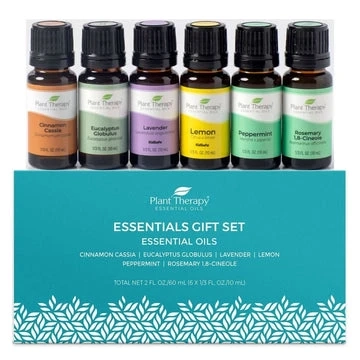Essential oil is a frequent component of natural products and is frequently applied topically or inhaled. Many individuals mistakenly believe that because these oils are so widely accessible, no special skills or expertise are required to use them. Unfortunately, a lot of people commit this error. Some people have read a little about aromatherapy, while others have been advised by a friend or vendor that a certain oil is useful for this or that. But improper use of essential oils might lead to issues. How much do you actually understand about these potent plants?
Plant therapy products and oils are highly concentrated liquids that are created in a variety of methods from plant material, such as bark, berries, flowers, leaves, roots, seeds, or twigs. The most used method is steam distillation, in which plant material is exposed to pressured steam, causing oils to evaporate. Oil is skimmed off when the oil and steam mixture is condensed back into a liquid.
Solvents can be used to extract oils from plants like roses, orange flowers, and jasmine that are too delicate for steam distillation. Absolutes, which are oils made using this procedure, are typically utilized in fragrances or diffusers because the solvent residue renders the majority of them unfit for topical use.
Extraction of carbon dioxide is the third technique. Although technically absolutes, the compressed carbon dioxide employed as a solvent yields a heavier oil with a more complex scent while also leaving no hazards behind. Last but not least, cold-pressed essential oils are those that have been obtained by pressing and grinding fruit rind.
The storage life of the majority of pure essential oils Malaysia is not infinite: citrus oils lose their effectiveness after around six months, while the majority of floral oils last for a year or possibly two. Some, including cedarwood, patchouli, sandalwood, and vetiver, improve with time. Oils that are not frequently used can be refrigerated. Additionally, it is a good idea to keep them in compact, less-airy bottles and out of direct sunlight.
0


